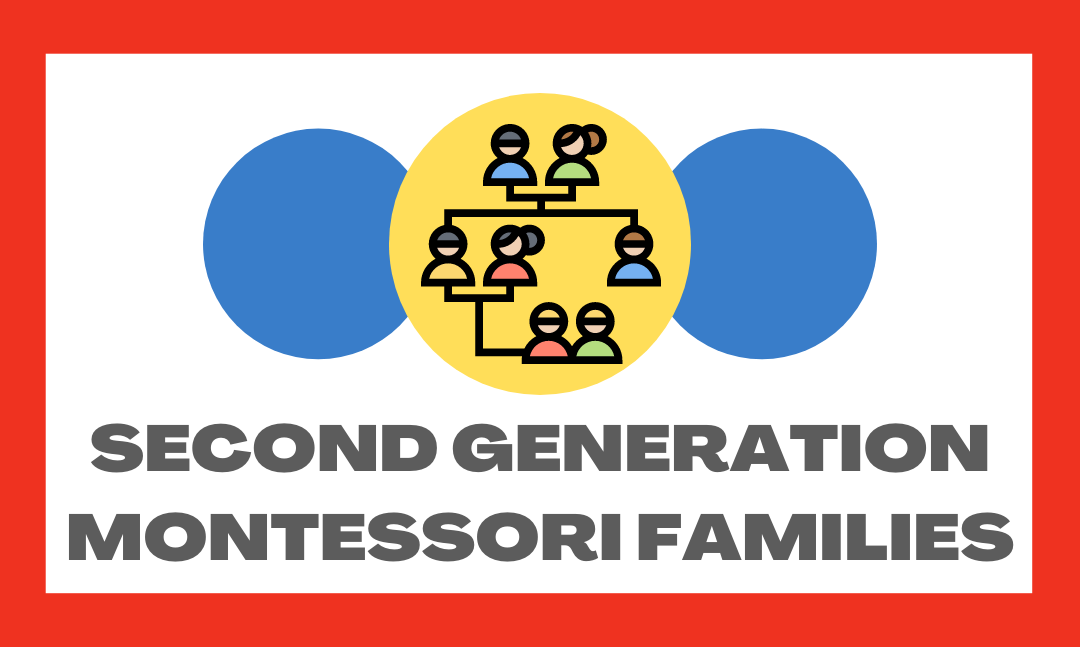How did you choose an educational model for your child? Price, proximity and your child’s unique needs all play a role in a family’s decision-making process. But there is one variable that stands out among the rest for many parents: personal experience. Naturally, caregivers start with what they know when considering a school for their children. Your feelings about your upbringing, positive or negative, drive you to make decisions for your children. So, one of the strongest commendations we can give to the Montessori Method is sharing how many Montessori-educated parents choose to send their children to Montessori schools.
At the Maria Montessori School, several students are from second generation Montessori families, meaning one or both of their parents attended a Montessori school. With only an estimated 500 Montessori schools across the United States, having more than a small handful of families with adult figures who graduated from Montessori programs is impressive.
There are several reasons why Montessori-educated caregivers choose the same educational model for their children:
The Montessori Method is consistent over time.
Biological development has not changed drastically in the past 150 years. For this reason, the Montessori Method remains consistent. Dr. Maria Montessori had incredible foresight when she designed her educational model – she observed the children in her community and took notes of how they naturally learned. As she studied, she developed a model that leaned into their proclivities.
Montessori schools that adhere to the Montessori Method are consistent in their practices. Parents who attended Montessori schools can expect that their children will be guided through the same experiences and use the same materials they did as a child. This can be comforting to parents, especially when approaching conversations with guides about their child’s experiences in the classroom.
Montessori education is enhanced through parent partnership.
The Montessori Method translates to home life in ways that traditional educational models may not. For example, students in Montessori classrooms learn practical life skills like pouring liquids, setting tables, clearing their workspace and keeping materials tidy. Parents who attended Montessori programs can create home environments that mirror those their child will experience at school. This can help reinforce lessons and can build healthy habits for children.
A Montessori education shapes adults.
Adults who attended Montessori schools carry the lessons they learned in the classrooms into adulthood. The way they approach problems, global issues and community is shaped by the way they learned as a young child. The Montessori Method does more than teach technical educational skills – which it does do. It trains the future generation of adults to be kind, empathetic, critical thinkers. Whether they consciously or subconsciously admit it, many parents want these same lessons instilled in their children.

